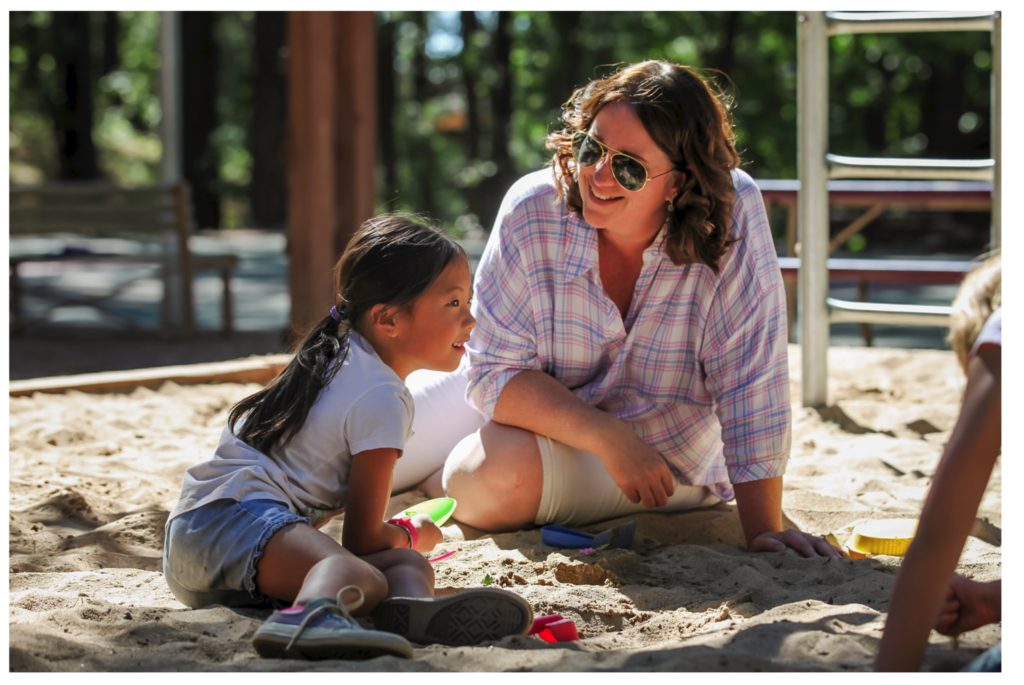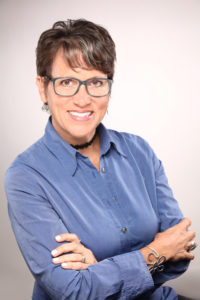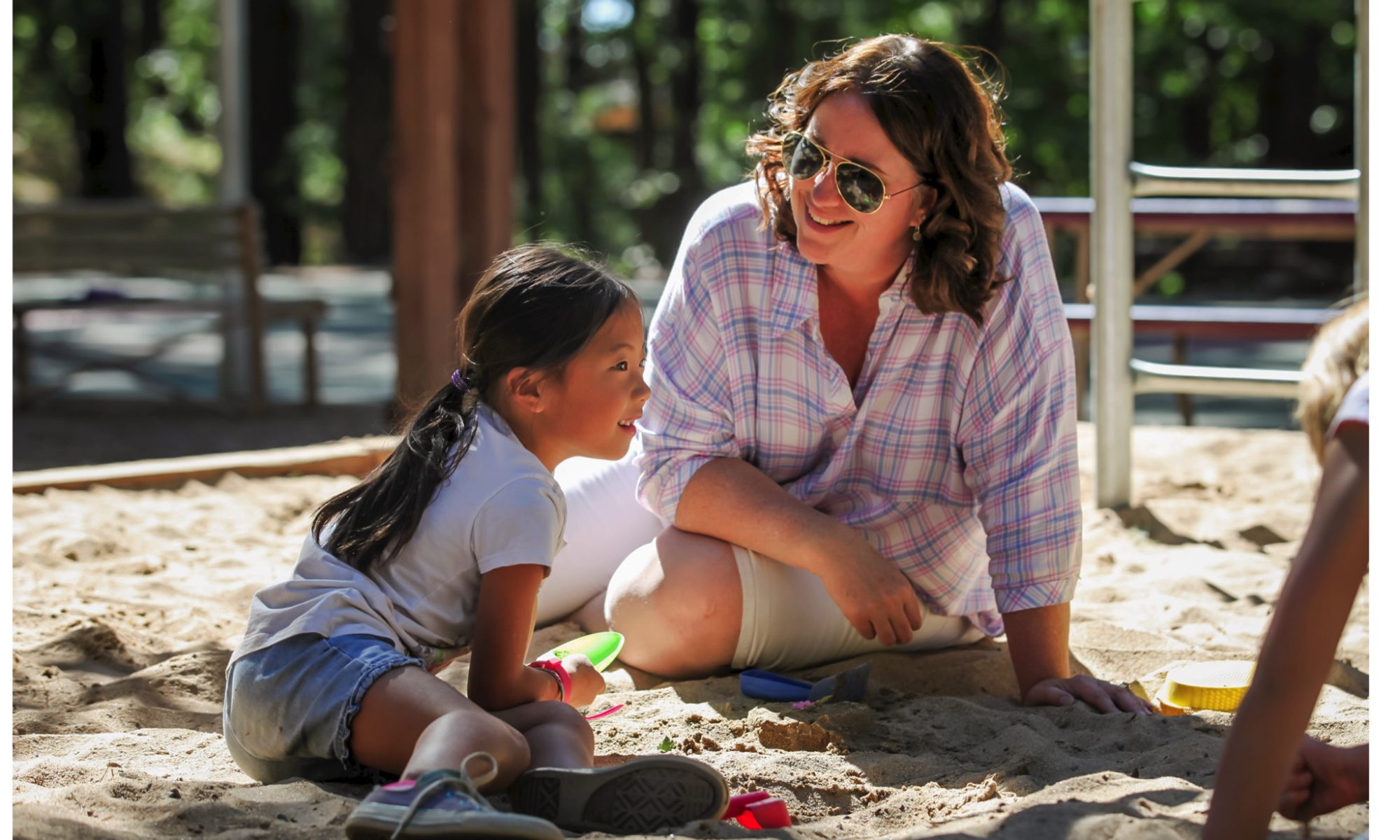As the Director of Program Strategy at Chaddock, a multiservice agency that specializes in residential, in-home and school-based treatment for issues of attachment and developmental trauma, I have the unique vantage point of having worked with many families who have seen a multitude of therapists and other professionals before I meet them. I have had the opportunity to hear countless stories from parents about what worked and did not work with therapists they have sought out. There are many articles out there about how to choose an “adoption-competent therapist” or an “attachment-based therapist” or a “trauma-informed therapist.” This post is going to share points from my own experience working with adopted children and their parents for the last 25 years. By the way, none of the titles above have specific training requirements or are regulated in any way. A therapist can just decide to call themselves that. There will be links and the end of this article to other resources you are strongly encouraged to explore.

First, be aware that many therapists will say that they work with adoption, attachment, and trauma issues. In fact, these days probably every therapist you research will claim to be competent in at least one of these specialty areas. For this reason, it’s important for parents to ask some very specific questions such as:
- What clinical models are you trained in and what is the extent of your training? Are you certified in any particular models and what was the certification process?
- How are parents included in your therapy process? Children will make limited progress in therapy without their parents being involved at some level. The younger the child, the more important this is, but it’s really true for any age.
- If you have adopted transracially, you will want to ask questions such as: How have you actively integrated transracial issues into your work? What are your thoughts about race, racism, and/or racial bias? How have you incorporated racial awareness into your practice? In what ways (books, miniatures, toys, etc. that are diverse)? What research books and trainings on transracial adoption inform your practice? Unfortunately, this issue is not thought about enough among professionals. If you have adopted a child of color, it may be that having a therapist who is a person of color may trump some of the other qualities/training you are looking for in a therapist. Yep, in some cases it’s that important.
If a therapist becomes defensive with questions like this, I suggest you look elsewhere. This is not a time for fragile egos. Parents have a right to ask these types of questions.
Another consideration, does the therapist seem concerned about you being a good fit for their practice, or do they seem ready to get you in the door with very little information about your situation? Therapists who really want to fill their hours may be open to working with just about anyone who calls them. Concern about one’s income is understandable, but this must not supersede the therapist being honest with you about what they can or cannot offer to you and you family. As a therapist, I work very hard upfront to not only hear what kind of help the parent is seeking but also to share how I work. I tell parents, “I don’t want to waste time and resources for either of us if I don’t think I can be of help to you.” No one therapist is a good match for everyone and seasoned therapists know this.
Finally, a therapist should offer a 15-30 minute free consultation by phone or in person to ask some of these types of questions before starting to work with you. You are about to make a very big investment emotionally for you and your child, as well as potentially a significant financial investment. You are likely going to have shift priorities in your schedule and your child’s schedule in order to attend therapy appointments. All things considered, I think parents are entitled to an initial free brief consultation to learn about the therapist’s training and approach and for the parent to share a brief overview of the kind of help they are looking for.
One of the best ways to find a therapist is by word of mouth from other parents and therapists. A therapist can have all sorts of degrees, certifications and training but the bottom line is…Did they help you?
Other resources to check out:
- Choosing Adoption Therapist
- Tips On Selecting An Adoption Therapist
- Adoption Today Magazine Article: I Think My Child Has Attachment Problems…Now What?
 Karen Doyle Buckwalter, LCSW, has more than 30 years of experience working with children, adolescents and families, the last 24 of which have been at Chaddock, a multiservice agency providing a range of residential, educational, and community-based services for youth, birth through age 21, and their families. While at Chaddock, she has been instrumental in the development of an innovative residential program for adolescents, ages 8 – 16, with Attachment Disorders and Complex Trauma. One of the only programs of its kind serving older adolescents, Chaddock’s Developmental Trauma and Attachment Program® (DTAP®) has served youth from 33 different states in the U.S. originating from 18 different countries. She has coauthored journal articles and book chapters as well as articles for Adoption Today and Fostering Families Today, published her first book, Attachment Theory in Action, last year, and hosts the Attachment Theory In Action podcast for professionals.
Karen Doyle Buckwalter, LCSW, has more than 30 years of experience working with children, adolescents and families, the last 24 of which have been at Chaddock, a multiservice agency providing a range of residential, educational, and community-based services for youth, birth through age 21, and their families. While at Chaddock, she has been instrumental in the development of an innovative residential program for adolescents, ages 8 – 16, with Attachment Disorders and Complex Trauma. One of the only programs of its kind serving older adolescents, Chaddock’s Developmental Trauma and Attachment Program® (DTAP®) has served youth from 33 different states in the U.S. originating from 18 different countries. She has coauthored journal articles and book chapters as well as articles for Adoption Today and Fostering Families Today, published her first book, Attachment Theory in Action, last year, and hosts the Attachment Theory In Action podcast for professionals.
